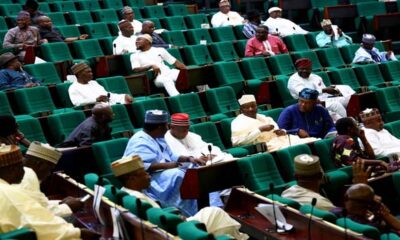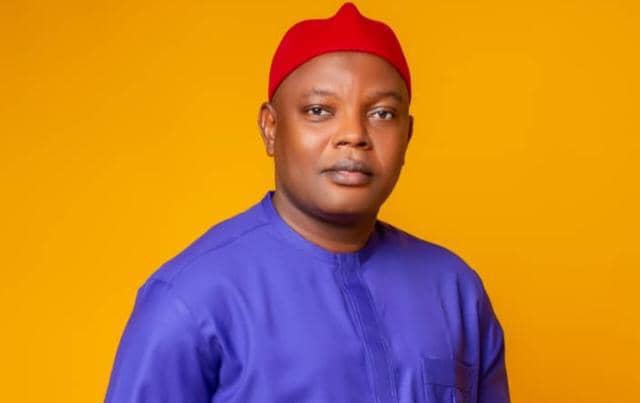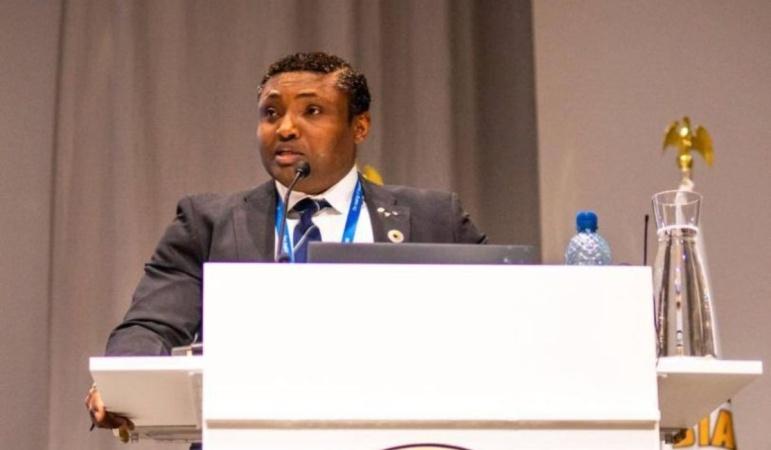The federal government has unveiled a roadmap to drive economic development and boost the country’s gross domestic product (GDP) by $100 billion through the creative sector.
Speaking on Tuesday at the maiden creative economy roundtable in Abuja, Hannatu Musawa, minister of art, culture and creative economy, said Nigeria needs to showcase its creators and culture to the world.
She said with the launch of the roadmap, the creative sector could contribute as much as 10 percent to Nigeria’s GDP.
The art, culture, and the creative economy comprise sectors such as movies, gaming, fashion and style, intellectual property, culinary arts, cultural arts, “and 49 other sectors”.
The creative sector contributed only 2.54 percent to the GDP in the second quarter of 2023, according to the Nigeria Bureau of Statistics (NBS).
Speaking at the roundtable, Musawa said the roadmap is built on five key pillars which include policy, legislative, regulatory and intellectual property reforms; cultural plan; economic plan; private sector engagement and destination 2030; ‘Nigeria Everywhere’.
“The economic plan is aimed at creating millions of jobs, supported by comprehensive skills training programs. Our objective is to contribute 10% to the Nation’s GDP, expanding sectorial GDP to a remarkable $100 billion by the year 2030,” the minister said.
”The creative industries are the heartbeat of the new economy, serving as an engine of economic growth, a catalyst of change and a generator of employment opportunities.
“We are uniquely positioned in this great nation, endowed with an abundance of human capital and boundless possibilities.
“Our transformation team has delved deep into the very fabric of this sector, understanding its dynamics, seizing up the opportunities it presents and benchmarking against model countries and sectors.
“Our collective aim is singular, and it is bold: to position Nigeria as the world’s culture, creativity and entertainment capital.
Musawa said Nigeria’s cultural influence would transcend borders as a brand that will unite Nigerians across all initiatives.
“We have created a brand that will unite us across all initiatives as both our overall strategic direction and our soft power initiative,” the minister said.
“Destination 2030, Nigeria Everywhere will promote our culture and showcase our creators to the world, establishing Nigeria as the leading global hub for arts, culture, and creativity.”
On his part, Vice-President, Kashim Shettima reiterated the federal government’s resolve to empower the nation’s best talents and harness the unconstrained potential within the country’s diverse cultural tapestry.
“More than ever, we see the need to amplify the voices of our creative minds, empower our best talents, and harness the unbridled potential that lies within the folds of Nigeria’s diverse cultural tapestry,” Shettima said.
The vice-president, who acknowledged that the creative and entertainment sector had remained neglected in the past, thanked the industry’s stakeholders and key players for their huge contributions to the nation’s creative economy.

 BIG STORY2 days ago
BIG STORY2 days ago
 BIG STORY2 days ago
BIG STORY2 days ago
 BIG STORY1 day ago
BIG STORY1 day ago
 BIG STORY2 days ago
BIG STORY2 days ago
 BIG STORY10 hours ago
BIG STORY10 hours ago
 BIG STORY2 days ago
BIG STORY2 days ago
 BIG STORY3 days ago
BIG STORY3 days ago
 BIG STORY4 days ago
BIG STORY4 days ago






















